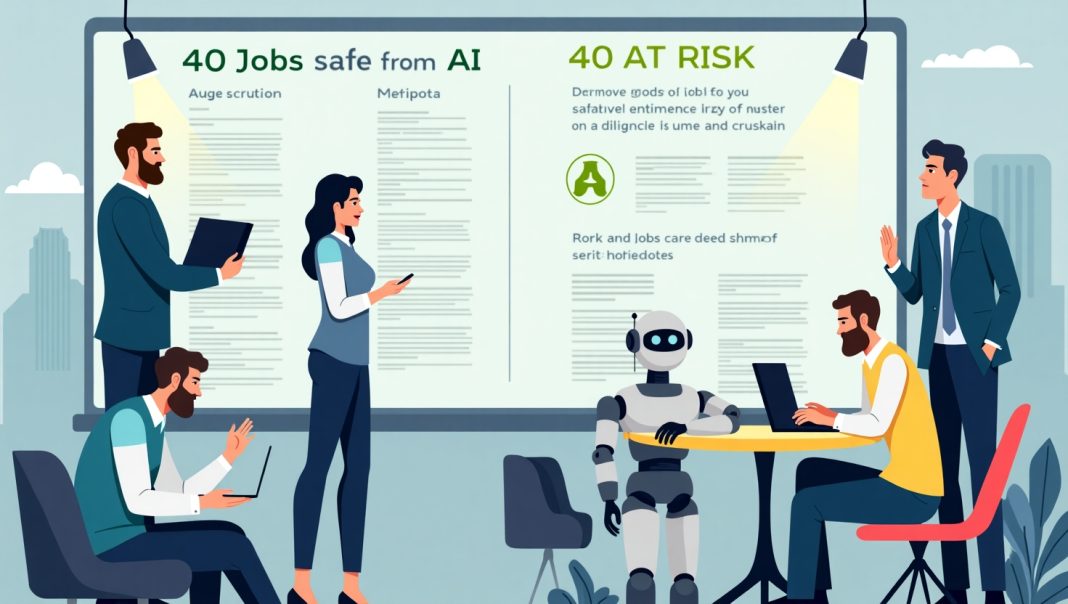Introduction
Artificial Intelligence (AI) is no longer a distant concept—it’s shaping the way we live and work right now. From chatbots replacing customer service agents to robots stocking shelves in retail, automation is accelerating at lightning speed. But the big question for 2025 is: Will AI take your job?
According to Microsoft’s latest research, 40 professions are highly vulnerable to automation, while others remain safe. Let’s explore which careers are at risk, why they’re vulnerable, and what you can do to prepare.
Why Some Jobs Are More at Risk Than Others
AI thrives in environments where tasks are repetitive, data-driven, and rule-based. Professions built on routine and predictability face the highest risk. In contrast, jobs that require creativity, empathy, critical thinking, or complex physical skills are harder to automate.
The 40 Most Vulnerable Careers According to Microsoft
Here’s the list of jobs most exposed to AI replacement in 2025:
- Data Entry Clerks
- Telemarketers
- Administrative Assistants
- Receptionists
- Bank Tellers
- Cashiers
- Customer Service Representatives
- Proofreaders
- Travel Agents
- Tax Preparers
- Bookkeepers
- Insurance Underwriters
- Loan Officers
- Payroll Clerks
- Warehouse Clerks
- Assembly Line Workers
- Inventory Managers
- Market Research Analysts
- Legal Assistants
- Paralegals
- Technical Writers
- Fast-Food Workers
- Call Center Agents
- File Clerks
- Library Technicians
- Bill Collectors
- Dispatchers
- Title Examiners
- Order Clerks
- Mailroom Workers
- Claims Processors
- Parking Attendants
- Meter Readers
- Bank Clerks
- Scheduling Coordinators
- Secretaries
- Court Clerks
- Proof Operators
- Travel Reservation Agents
- Office Support Staff
Real-World Example: AI in Action
Companies like JPMorgan Chase already use AI to process legal documents in seconds, eliminating thousands of hours once handled by paralegals. Similarly, airlines are replacing human travel agents with AI-driven booking platforms, making some traditional roles nearly obsolete.
Which Jobs Are Safer from AI?
While 40 careers face decline, others remain safe. Professions that require human judgment, creativity, and interpersonal skills—such as doctors, teachers, engineers, and artists—are less likely to be automated.
How to Future-Proof Your Career
Instead of fearing AI, workers should adapt by learning complementary skills. Focus on:
- AI literacy – Understanding how AI works.
- Soft skills – Emotional intelligence, leadership, and communication.
- Creativity – Problem-solving and innovation.
- Technical expertise – Data analysis, programming, and system management.
Conclusion
AI in 2025 is set to transform the job market by replacing repetitive roles and creating new opportunities in emerging fields. Microsoft’s report shows which careers are most vulnerable—but also highlights where humans still hold the advantage. The best way forward is to embrace lifelong learning and position yourself in fields where AI is an ally, not a rival.
Related Reading
- From Tools to Intelligence: How AI Is Transforming the Role of Technology in 2025.
- AI vs Technology Explained: What Sets Them Apart and How They Work Together
- Robotics at the Crossroads: Privacy, Bias, and Accountability in AI Ethics.
FAQs
1. Which jobs are most at risk from AI in 2025?
Data entry clerks, telemarketers, and administrative assistants are among the most vulnerable roles.
2. Can AI completely replace human workers?
No. AI excels at automation but lacks emotional intelligence, creativity, and ethical judgment.
3. Which jobs are safe from AI?
Doctors, teachers, engineers, and creative professionals are safer due to the human touch required.
4. How can workers prepare for AI disruption?
Learn AI tools, focus on creativity, and build leadership and problem-solving skills.
5. Will AI create new jobs?
Yes. Roles in AI development, ethics, cybersecurity, and system management are growing.




